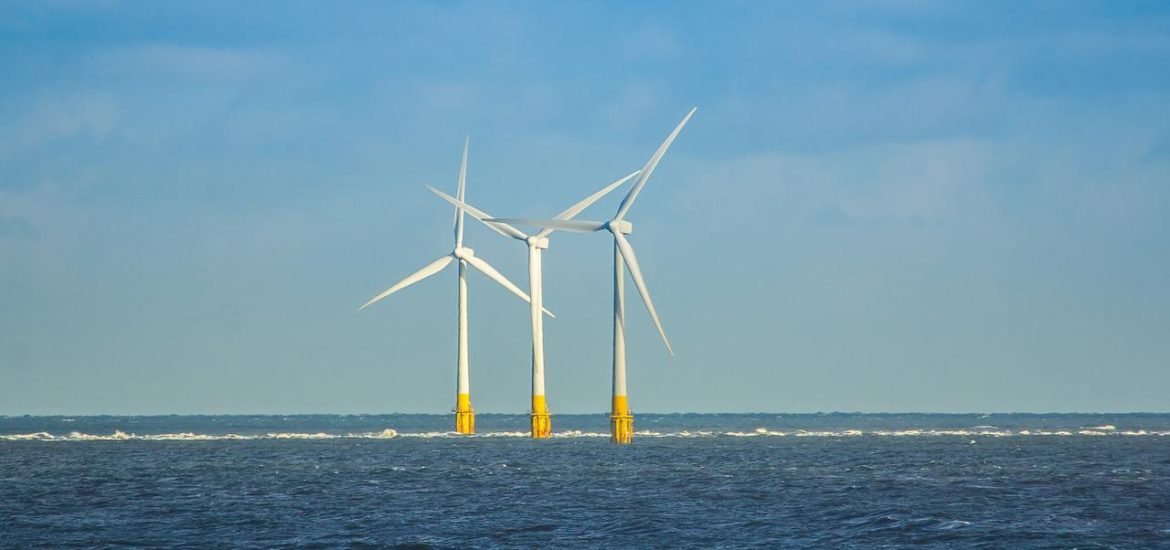
The world’s first rapid testing facility for tidal turbine blades has just opened for business in Scotland, UK. Researchers believe this will help develop marine energy technologies as well as reduce costs.
The new technology will be used to stress test blades made from composite materials quicker, more efficiently, and using less energy than other facilities. In addition to blades, FastBlade’s technology can also be used to evaluate lightweight bridge sections and some aircraft components.
The company – called FastBlade — is a partnership between the University of Edinburgh and company Babcock International and received a £1.8million grain from the UK government. Based in Fife, Scotland, the company aims to maintain Scotland at the forefront of tidal energy development.
“FastBlade will be the world’s first dedicated fatigue test facility for tidal turbine blades and will help this emerging industry provide clean, reliable renewable energy at a reasonable cost to consumers,” said Professor Conchúr Ó Brádaigh, Head of the School of Engineering at the University of Edinburgh. “The facility will also help maintain the globally leading position of Scottish tidal turbine developers in the race to find sources of clean and secure power, as well as confirming the societal impact of the University of Edinburgh’s research and development efforts in marine renewable energy.”
The 75-tonne reaction frame can exert strong forces to test blades more than 50 feet long. Using powerful hydraulic cylinders, this facility can simulate what happens over two decades at sea in less than three months. It mimics the complex forces that affect tidal turbines at sea using a digital and hydraulic technology system developed by engineers at the University of Edinburgh. By using the data from tests, the research team also hope to be able to create better designs, more durable and efficient.
“Today marks a real milestone for all of us involved in the FastBlade partnership. We’ve taken a vision of technological innovation, and together we’ve built a ground-breaking engineering construct that can carry out large-scale accelerated testing of structural composites in a more sustainable way,” said Neil Young, Engineering Director for Babcock. “Collaborations like this are fundamental to help us and the wider engineering industry create more research opportunities and secure longer-term investment into digital and data skills – an area that is significantly growing in demand for Babcock and our customers. We believe the research arm of this facility will generate real interest from students looking to learn more about sustainable technology, and I’m really looking forward to working with the teams to support that skills agenda and see where this takes us into the future.”
The team involved in this work believes that FastBlade will not only help towards the UK’s Net-Zero goal but it will also support thousands of skilled workers in the renewable energy sector as we transition to a more sustainable future.